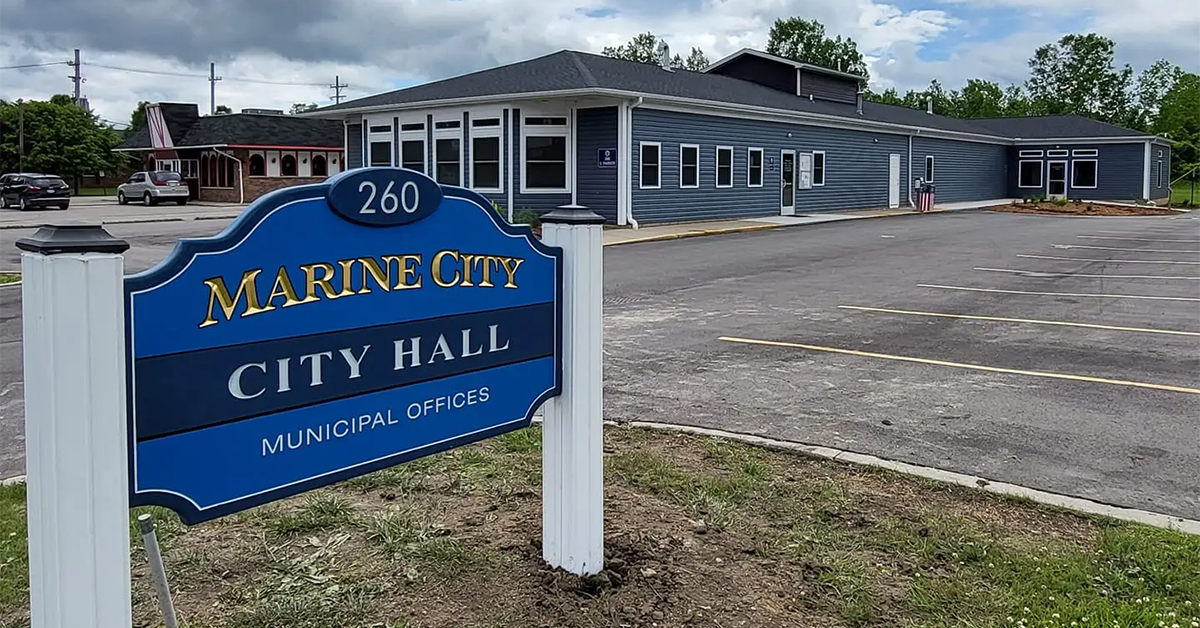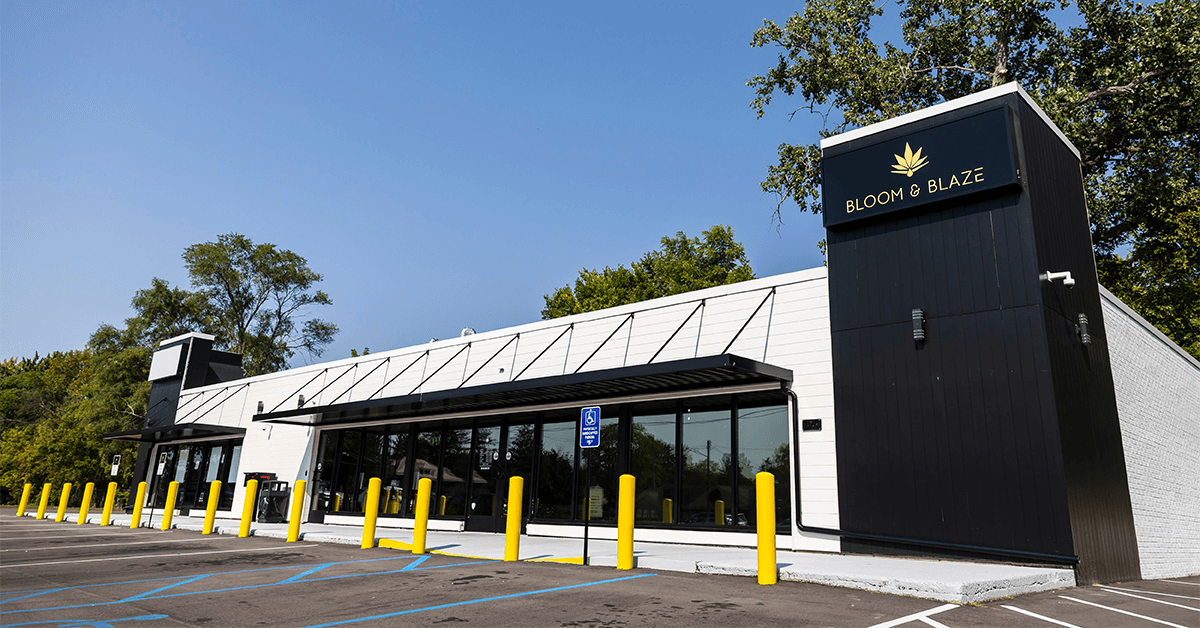Marine City Contemplates Marijuana Facilities Ordinance

In a succession of consequential meetings, Marine City Commission has embarked on a journey through legal and legislative intricacies concerning the future of marijuana facilities within its jurisdiction. This comes amid extensive discussions, varied opinions, and robust debates, indicating the significance and sensitivity of cannabis legislation in the local governance context.
A Stance Towards Actionable Change
On October 5th, the Marine City Commission reflected a 6-1 voting pattern, spearheading the first reading of an ordinance tailored to license, site plan, and regulate adult-use marijuana facilities. This progression was not without its fair share of legislative intricacies and debates. Notably, Commissioner Michael Hilferink emerged as a vocal dissenting figure throughout the proceedings.
The journey to this point commenced in June, with the commission instructing City Attorney Robert Davis to conceptualize an actionable ballot initiative to permit dispensaries within Marine City. Davis, in response, articulated legal limitations, noting that a direct ballot initiative from the commission was not viable and later presented an ordinance as an alternative.
The Struggle with Setbacks and Legalities
Amidst this progression, complexities surrounding regulatory parameters – specifically, setbacks – emerged. Mayor Pro Tem Lisa Hendrick clarified that the setbacks, as per state law, must measure from lot line to lot line, contrary to the building-to-building measurement initially discussed. Subsequent to this, on September 14th, the commission settled for the first reading of the marijuana ordinance in the ensuing meeting.
The legislative tapestry was further complicated by Commissioner Hilferink, who expressed reservations on the ordinance-centric approach, juxtaposed against the initial preference for a ballot initiative. Davis responded by reiterating the commission's directive to opt for either maintaining the existing 2019 ordinance prohibiting facilities, sculpting an ordinance where the city dictates the location and type of recreational facilities, or navigating the turbulent waters of a legally adherent city ballot initiative.
Dissecting the Ordinance and Upholding Legal Scrutiny
With the evolution from the third to the second option, controversy unfolded regarding the ordinance's formulation and regulatory propositions. Commissioner Rita Roehrig motioned the first reading of the ordinance, which included notably stringent setbacks of 1,000 feet from an assortment of entities, such as residential zones, churches, and child care centers.
However, Hilferink spotlighted procedural disparities, especially considering the previous unretracted motion for a ballot initiative and the commission's obligation to facilitate a discourse on the ordinance's crafting. His grievances extended to transparency and inclusivity in deliberations, critiquing the private submission of comments to Davis rather than fostering an open discussion.
Davis, defending his approach, elucidated that the ordinance had undergone several iterations based on feedback and that it was not formulated in isolation from the commission's inputs. Tensions persisted, with discussions oscillating between the specificities of motions, requested adjustments, and the legitimacy of the setbacks proposed.
Transparency and Future Courses of Action
Despite the ripples of discontent and rigorous debate, the commission, in a 6-1 vote, approved the first reading of the ordinance, again witnessing Hilferink in dissent. Throughout the discussions, Hilferink accentuated potential violations of voter rights, a lack of clear directive for the ordinance, and apprehensions about de facto zoning out of marijuana facilities given the stringent setbacks.
As discussions simmered down, Hilferink underscored the pervasive issue of transparency and conveyed a sentiment that a majority of Marine City might have leaned towards supporting a vote on the marijuana facilities issue, had it been allowed to materialize. The final consideration and approval of the ordinance are slated for a subsequent meeting, promising further deliberations and potential adjustments.
Share this article:
Spotted a typo, grammatical error, or a factual inaccuracy? Let us know - we're committed to correcting errors swiftly and accurately!








 Helpful Links
Helpful Links